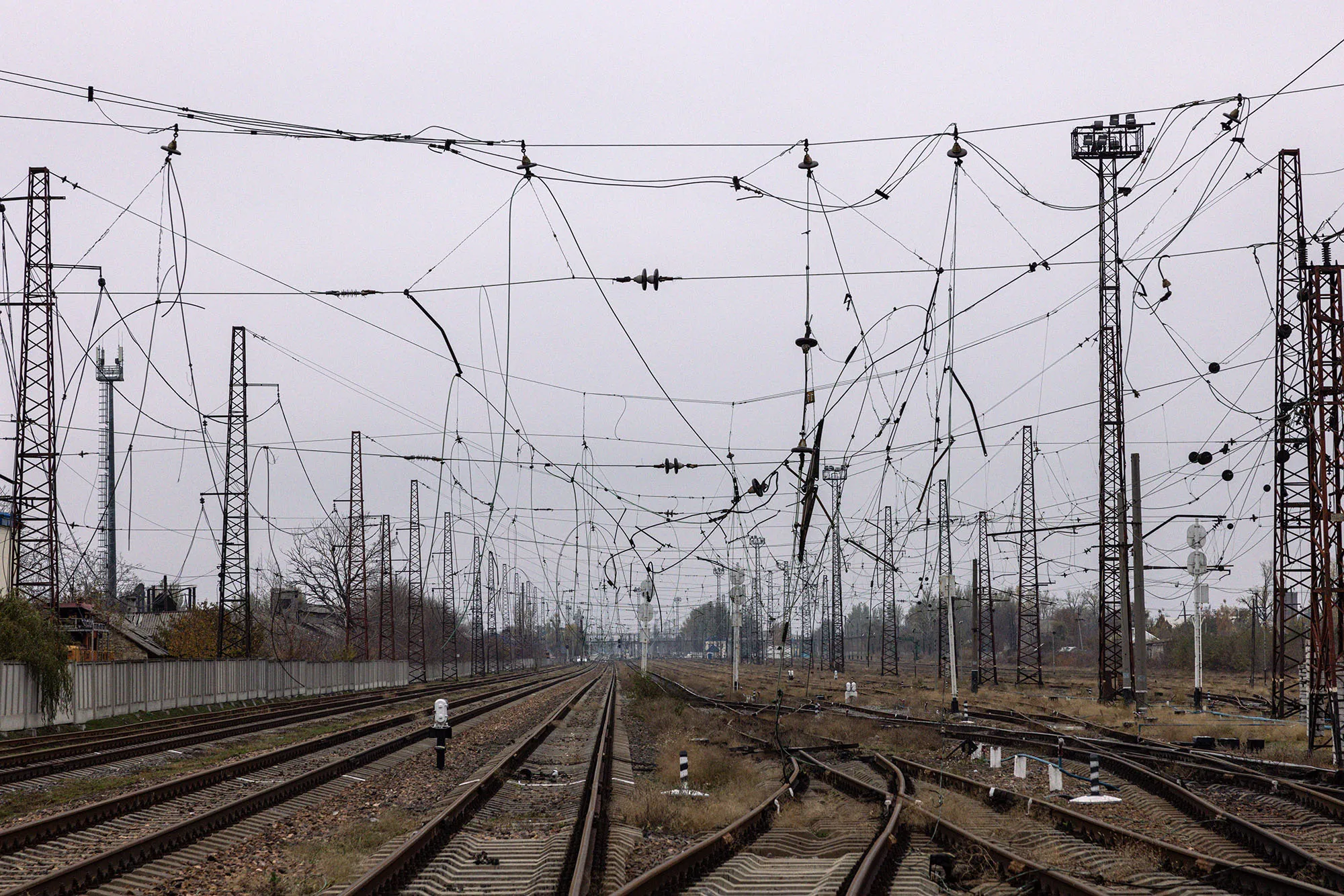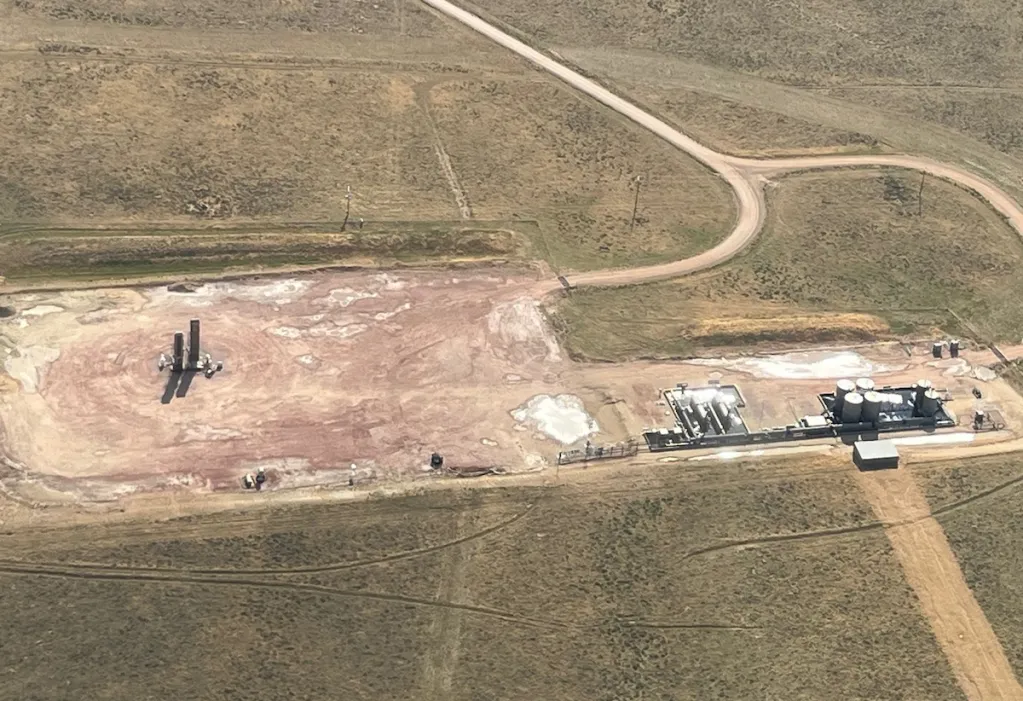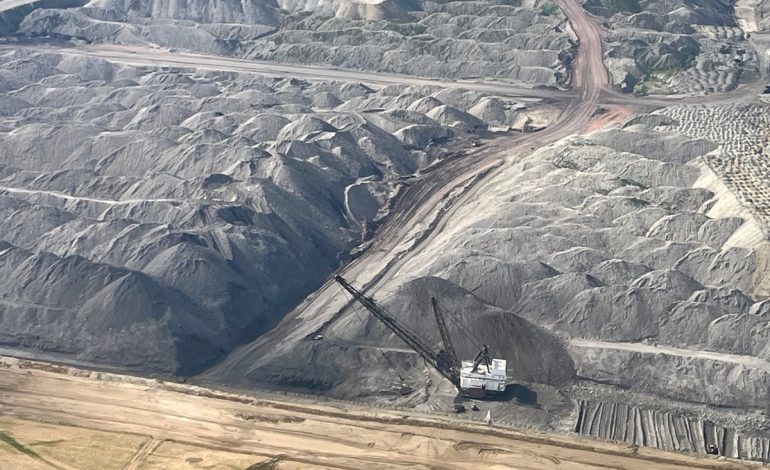The US Bureau of Land Management (BLM) has rejected protests from Wyoming state officials and coal industry representatives challenging a proposed ban on new federal coal leasing in the Powder River Basin, a key coal-producing region, Wyo File reports.
The decision moves the BLM closer to finalizing the ban, which could lead to legal challenges.
The BLM’s response, published on September 20, dismissed arguments from the Wyoming Department of Environmental Quality, the National Mining Association, and others who claimed the proposal violated the Federal Land Policy and Management Act. The agency maintained that the plan to halt future coal leasing aligns with legal standards and environmental priorities, despite concerns about its economic impact on Wyoming’s coal industry.
Wyoming Governor Mark Gordon expressed frustration with the decision, accusing the Biden administration of disregarding the state’s economic interests.
“The BLM has doubled down on their contempt for our local economies and the hard-working men and women who provide clean, dispatchable, and reliable energy,” Gordon said in a statement.
The BLM’s proposal, outlined in a final environmental impact statement in May, calls for ending new federal coal leases in the Powder River Basin, which spans northeastern Wyoming and parts of Montana. Existing leases, which allow for continued coal production through 2041, would remain unaffected.
The agency’s plan stems from a court order requiring the BLM to reconsider the environmental, climate, and health impacts of coal leasing after conservation groups successfully sued, arguing the initial evaluation was insufficient. The next step in the process is expected in December when the BLM issues its Record of Decision, potentially opening the door to litigation.
Wyoming coal production has been declining steadily since 2016, driven by changes in energy markets and the rise of renewable energy sources. Despite this, coal industry advocates argue that the proposed leasing ban would further harm the state’s economy. The Powder River Basin supplies over 90% of Wyoming’s coal, which is primarily used to generate electricity. Coal production in the state dropped by 20% in early 2024 compared to the same period the previous year.
Travis Deti, Executive Director of the Wyoming Mining Association, warned of broader consequences for energy reliability.
“In a time of deteriorating grid reliability and soaring electricity demand, make no mistake about it — the lights are going out,” Deti said.
However, supporters of the leasing ban point to economic realities and shifting market trends. Bob LeResche, a member of the Powder River Basin Resource Council, noted that coal companies have not sought new federal leases in the region for over a decade.
“The state of Wyoming can object all they want, but it’s not the BLM that’s causing coal to decline. It’s the worldwide market and the fact that renewable energy is cheaper now,” he said.
Opponents of the ban, including the Navajo Transitional Energy Company, which operates several mines in the region, argue that it violates the principle of “multiple use” of public lands by prioritizing environmental concerns over economic development. They also question whether the ban would significantly impact climate change, given that existing leases will continue for years.
The BLM, in its response, rejected these claims, stating that its proposal is within the agency’s discretion to balance land use priorities and protect environmental resources.
“No changes [to the proposal] were necessary,” the agency concluded.









